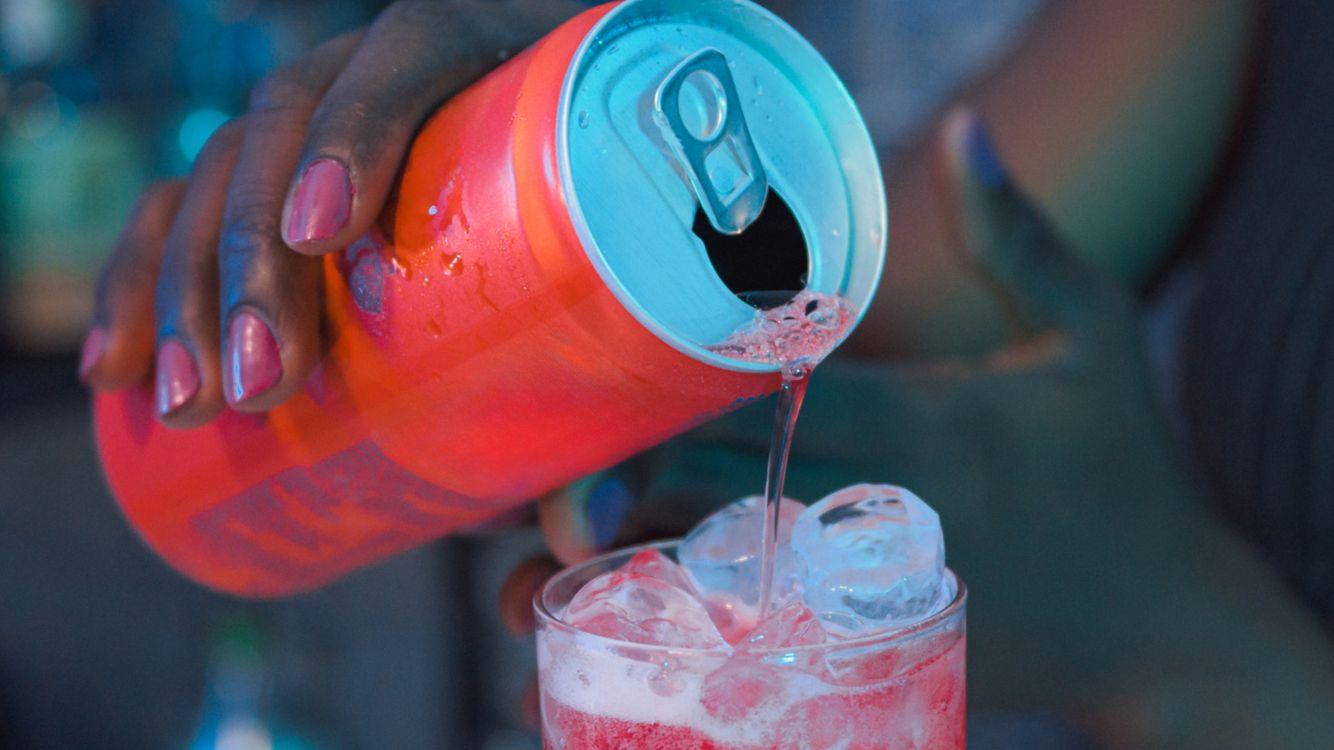![]()
About the Experts
Martha Theran, MS, RD, RDN, is a registered dietitian nutritionist and educator at the Pritikin Longevity Center. She’s also a fitness specialist and holds a master’s degree in functional nutrition and herbalism.
Amy Brownstein, MS, RDN, is a registered dietitian nutritionist and consulting dietitian with MyNetDiary. She’s also a private practice dietitian with a master’s degree in biochemical and molecular nutrition.
Katie Janeczek, MS, RDN, LDN, is a registered dietitian nutritionist at Ciba Health and the author of Whole Fueled: Whole Food Recipes for Weight Loss.
Vicki Shanta Retelny, RDN, is a registered dietitian nutritionist, author, and host of the Nourishing Notes podcast. She’s also a nutrition consultant for Northwestern University.
![]()
Highlights
Sea moss is a type of algae that’s rich in a range of vitamins, minerals, and unique marine nutrients. It has a long history of human consumption, both as a part of a diet and for medicinal purposes. Modern research on sea moss is limited, but some evidence suggests that it possesses powerful health benefits. Experts warn, however, that consuming too much could be harmful.
Sea moss, also known as Irish moss, is a type of red seaweed that’s been consumed by humans for thousands of years, says Martha Theran, MS, RD, RDN, registered dietitian nutritionist and educator at the Pritikin Longevity Center. “It’s rich in vitamins, minerals, and antioxidants and has been used traditionally for its nutritional and medicinal properties,” she says. But more recently, “sea moss has gained popularity as a nutrient-rich superfood.” In fact, it’s become a multi-billion dollar industry over the last few years, according to Virtue Market Research. It’s available as a supplement or in a powder, gel, or gummy form, says Amy Brownstein, MS, RDN, consulting dietitian with MyNetDiary. You can also buy it raw.
But does sea moss live up to its hype? Theran says that while the research on sea moss is limited, there are reports of its potential to support a range of health benefits from skin health to brain and digestive support—to a point. Because of its nutritional density, our experts say that consuming too much sea moss can lead to potential problems.
What is Sea Moss?
This red algae—formally known as Chondrus crispus—is found mainly on rocks along the North Atlantic coasts, Theran says. When it washes up in Europe, North America, and some Caribbean islands, it looks similar to the frequently spotted tangles of slick brown seaweed known as sargassum, according to a study in Advances in Botanical Research.
Sea moss is often used in food production as a thickening and stabilizing agent, explains Katie Janeczek, MS, RDN, LDN, a dietitian nutritionist at Ciba Health. You’ll see this byproduct of sea moss on ingredient lists as carrageenan—and while this additive improves the texture of processed foods, it has no nutritional value, according to 2024 research published in Nutrition & Diabetes. In fact, the research says that in this additive form, carrageenan may actually pose health risks, including a greater risk of type 2 diabetes.
But pure sea moss—with its natural carrageenan—is a great source of nutrients, such as calcium, magnesium, and iron, Janeczek says. Given its growing popularity, sea moss is available in several forms depending on how you want to use it, explains Theran. These include:
- Gel form: Designed to add to foods and drinks like smoothies, juices, soups, teas, or cereal
- Capsules (or gummies): “Convenient for supplementation,” Theran says.
- Powders: Available to mix into beverages or sprinkle over meals.
- Raw (dried): “Can be soaked and rehydrated, then added to recipes.”
Sea Moss Nutrition
Sea moss is a natural source of micronutrients, such as iodine (essential for thyroid function) and iron (an essential mineral for physical and mental energy). A standard two-tablespoon serving of raw Irish sea moss contains the following nutrients:
- Calories: 5
- Fat: 0 g (0 percent recommended daily value, or DV)
- Protein: 0.2 g (0 percent DV)
- Sodium: 6.7 mg (0 percent DV)
- Carbohydrates: 1.2 g (0 percent DV)
- Dietary fiber: 0.1 g (0 percent DV)
- Magnesium: 14.4 mg (4 percent DV)
- Calcium: 7.2 mg (1 percent DV)
- Potassium: 6.3 mg (0 percent DV)
- Iron: 0.89 mg (5 percent DV)
- Phosphorus: 15.7 mg (2 percent DV)
Types of Sea Moss
Though most sea moss products are made from the red algae Chondrus crispus, the term “sea moss” may sometimes refer to algae or seaweed that comes in various colors, from green and yellow to purple and black. The plant’s nutritional profile can vary depending on where it is grown, explains Vicki Shanta Retelny, RDN, an author and host of the Nourishing Notes podcast. Some sea moss product manufacturers claim that ocean-harvested sea moss is better than sea moss grown in a controlled environment, such as a pool. However, there’s little research on the nutritional differences, and existing studies do not back up the claim.
Sea Moss Benefits
“Sea moss may have potential benefits for gut health, blood sugar control, and cell and heart health, but more robust research is needed, especially in humans, to determine the benefits of sea moss,” says Shanta Retelny. Despite the lack of studies, there’s a simple reason sea moss has taken the wellness world by storm: It has a strong nutritional profile.
1. It might protect your nervous system
“[Sea moss] is especially known for supporting thyroid health, thanks to its natural iodine content, which is essential for hormone production,” Janeczek says. “This helps regulate metabolism, energy levels, and hormone balance,” adds Theran. Studies also suggest that the bioactive compounds in sea moss may help protect against nervous system diseases, such as Parkinson’s, Alzheimer’s, and multiple sclerosis, according to a 2021 review of research published in Marine Drugs. “Red seaweed may have neuroprotective effects because of its ability to alleviate oxidative stress,” Theran says. However, more clinical and large-scale studies on humans are needed to investigate these potential effects.
2. It may help weight loss
“Low in calories and rich in fiber, sea moss may increase satiety and reduce appetite,” Theran says. Its main source of fiber is carrageenan—the part of sea moss that gets extracted in food manufacturing to thicken processed foods. But when consumed in sea moss, it acts like soluble fiber in your gut, which helps slow down digestion and make you feel fuller for longer, according to 2020 research published in Life. Another 2021 study published in Food Science & Nutrition suggests that natural carrageenan might promote increased fat burning, too. However, the study was conducted on mice, and the researchers say that more studies are needed to understand this potential effect in humans.
3. It supports a strong immune system
Theran says that sea moss is rich in antioxidants and anti-inflammatory compounds, which play roles in immune support and reducing inflammation (which is a contributor to chronic disease). Its strong nutritional profile is also full of vitamins and minerals known to support immune system strength, such as iron, zinc, and B vitamins. Research published in Nutrition Reviews in 2020 supports sea moss’s strong anti-inflammatory and antioxidant activity. However, it also suggests that seaweeds—including red sea moss—might have antiviral properties, potentially offering protection against viruses like Covid. But again, this research is limited to lab-based studies.
4. It may improve gut health
“Many people also take sea moss for gut health since it contains prebiotic fiber that feeds beneficial gut bacteria and supports digestion,” Janeczek says. This gut microbiome support is also thought to contribute to sea moss’s immune system-boosting effects. An imbalance in gut bacteria is linked to the development of chronic conditions, such as inflammatory bowel disease (IBD), immunodeficiency, high blood pressure, type 2 diabetes, obesity, and cancer, per 2021 research published in Marine Drugs. “[Sea moss] also contains mucilage, a gelatinous fiber that may soothe the digestive tract,” says Theran. This plant-based mucilage promotes regular bowel movements, according to 2021 research published in Nutrients. It also promotes satiety, helping to reduce overall calorie intake, which helps support the claim that sea moss aids in weight loss.
5. It could aid in blood sugar control
“Sea moss is a rich source of vitamins, minerals, fatty acids, and polyphenols, which contribute to its potential health benefits,” says Brownstein. “These nutrients in sea moss may potentially provide anti-inflammatory effects that help with blood sugar and blood pressure regulation.” More specifically, “many types of sea moss contain fucoxanthin, and research shows fucoxanthin can help control blood sugar,” Theran explains. This is a plant-based compound found primarily in seaweeds that’s shown anti-diabetic and anti-obesity effects, according to 2022 research from Marine Drugs.
6. It might make your skin glow
Sea moss has a high content of sulfur and vitamins like A and E that may support clearer skin and reduce acne or irritation, Theran says. “It is sometimes used in skincare for its potential to hydrate and soothe the skin.” In fact, the National Eczema Association (NEA) says that sea moss is thought to have anti-inflammatory, antifungal, and antiviral properties that could make it an effective remedy against skin issues like eczema. Seaweeds, like sea moss, also contain bioactive compounds that may protect against sun damage to the skin, according to 2021 research published in Marine Drugs. Sea moss also contains a range of vitamins and minerals known to contribute to healthy skin, per the NEA. However, if you’re using medication to manage a skin condition—like corticosteroids or cortisone cream for eczema—the NEA cautions against switching to natural skincare remedies like sea moss without consulting your healthcare provider. Natural doesn’t always mean better.
7. It could support joint and bone health
Sea moss is rich in minerals like magnesium, calcium, and potassium, which are essential for bone and joint function, Theran explains. In fact, seaweed was considered a medicinal remedy for bone fractures in ancient times, says 2024 research published in Marine Drugs. Modern-day research suggests that this mineral profile in sea moss promotes joint health and bone density. One study published in the Asian Journal of Medical Sciences found that sea moss helped alleviate pain, fatigue, and weakness in people with musculoskeletal issues and joint problems—but the study was small (80 participants), indicating a need for more robust research.
8. It may boost your energy
“The iron content in sea moss may help combat fatigue,” Theran says. “Particularly in individuals with iron deficiency.” A two-tablespoon serving of sea moss can provide around 10% of your daily recommended value of iron, depending on the product. Nearly one in three Americans may have an undiagnosed iron deficiency, according to a 2024 report in JAMA Network Open. Because iron is essential to transport oxygen around your body, even a mild deficiency means that your muscles, tissues, and cells aren’t getting enough fuel—and that can lead to symptoms like fatigue, brain fog, and trouble concentrating.
9. It might have anti-cancer properties
Many different types of marine plants are currently being studied for potential anti-cancer properties, including sea moss. While research is in its early stages, the 2024 Marine Drugs review points to reports suggesting that compounds found in sea moss—including fatty acids, carrageenan, and polysaccharides—have been shown in lab studies to have anti-cancer effects. One 2021 study published in Cancers focuses on a particular compound called fucoxanthin. In lab models, it was shown to trigger apoptosis (cell death) in colon cancer cells and prevent cancer cells from spreading. Other research, published in Frontiers in Oncology in 2023, suggests that a consistent intake of the anti-inflammatory phytochemicals found in marine products like sea moss may reduce the risk of cancer development.
Risks and Side Effects
As mentioned, sea moss contains iodine, which plays a vital role in thyroid function. But Shanta Retelny warns that overconsumption of iodine can cause thyroid problems. Similar to iodine deficiency, too much iodine can cause goiters and hypothyroidism. “[It] may increase the risk of thyroiditis (inflamed thyroid) and thyroid cancer,” as well, adds Brownstein. The recommended dietary allowance for iodine is 150 micrograms (mcg) for most adults. According to the National Institutes of Health, the maximum tolerable intake level of iodine for most adults is 1,100 mcg. Eating more than 286 grams of sea moss in one day could lead to health problems because it would exceed that limit, according to a 2020 study published in Environmental Science and Pollution Research.
Aside from potential iodine overdose, which can cause mouth burning, stomach pain, and a weak pulse, sea moss “may contain a high amount of heavy metals,” says Shanta Retelny. “As with anything, moderation is key.” According to a 2025 report in the Journal of Agriculture and Food Research, chronic exposure to heavy metals—such as arsenic, cadmium, lead, and mercury—is linked to serious health outcomes, including cognitive problems, heart disease, cancer, kidney issues, and liver damage. Given this potential contamination risk, Brownstein advises limiting sea moss intake to a few times a week rather than daily.
Theran adds that while sea moss is generally safe for most people when consumed in moderation, certain situations warrant extra caution:
- Thyroid conditions: Those with thyroid disorders should consult a healthcare provider before using sea moss due to its iodine content.
- Pregnancy and breastfeeding: It’s advisable to avoid sea moss during pregnancy and breastfeeding unless recommended by a healthcare professional.
- Allergies: Individuals with allergies to seafood or iodine should avoid sea moss.
- Medication interactions: Sea moss may interact with certain medications, such as those for thyroid conditions or blood thinners.
How to Shop for Sea Moss
Sea moss supplements are often combined with doses of anti-inflammatory turmeric or other health-boosting nutrients. For pure sea moss, look for dried or fresh red algae labeled “Irish moss” or “Chondrus crispus.” You can find it online or at some health food or supplement stores. The U.S. Department of Agriculture does not recommend a specific serving size for sea moss, so follow the serving sizes listed on your product label for the best results. “Iodine content may vary depending on the form of sea moss,” Brownstein adds. “Double check supplement or ingredient labels to determine an appropriate amount of sea moss to stay within the RDA for iodine.”
Want to Give Sea Moss a Try?
Here’s what our nutrition experts recommend.
How to Eat Sea Moss
“While there’s no established dosage, the recommended dose is no more than one to two tablespoons (four to eight grams) of sea moss per day,” Theran says. “It’s advisable to start with a smaller dose to assess tolerance.” You can take sea moss as a supplement or buy a prepared gel or powder to add to recipes, Brownstein says. “You can also prepare a sea moss gel by soaking [raw, dried] sea moss and blending it with water,” she says. “Sea moss may have a fishy taste,” she adds. But you can reduce some of the fishiness by soaking dried sea moss before using it.
From there, here are a few ideas on how to use sea moss:
- Blend a couple of tablespoons of sea moss into your favorite morning smoothie.
- Use sea moss to thicken broths and soups.
- Add sea moss gel to homemade ice cream as a binder.
- Stir a spoonful of sea moss into applesauce, pudding, jam, or pie filling.
- “You can even eat it straight from the jar,” Brownstein says. And if a sea moss recipe calls for sea moss gel, that just means dried sea moss soaked in filtered water overnight.
There is no research on how long sea moss gel will stay fresh in your refrigerator, so store leftovers at your own risk.
For daily wellness updates, subscribe to The Healthy by Reader’s Digest newsletter and follow The Healthy on Facebook and Instagram. Keep reading:
* Vitamins Nutritionists Don’t Take—So You Shouldn’t Either
* The 6 Best Supplements to Lower Blood Sugar, According to Expert Doctors
* 10 Foods that Thyroid Experts Avoid—and 3 that They Love
* These 6 Small Seeds Pack in the Biggest Benefits for Your Health
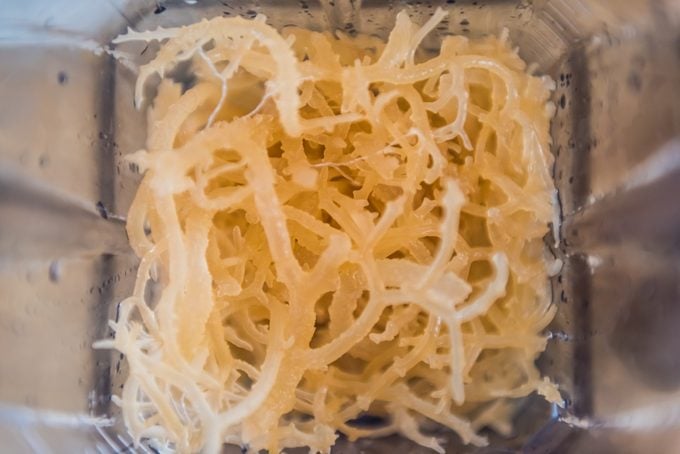
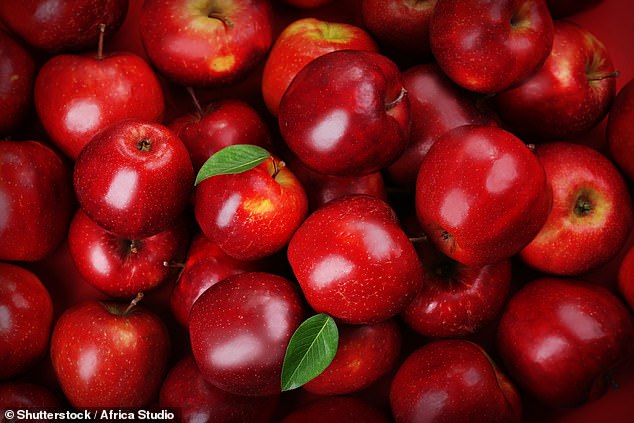

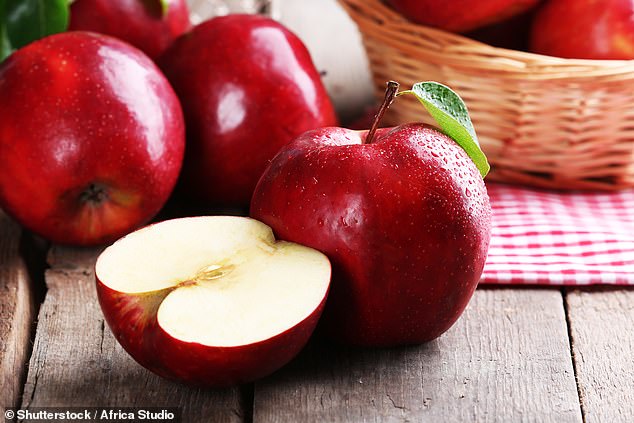

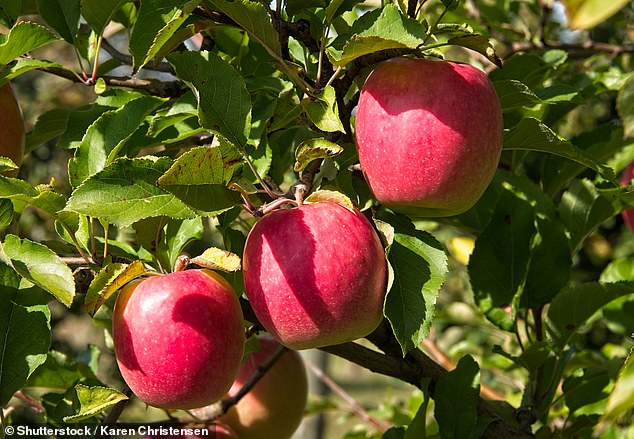
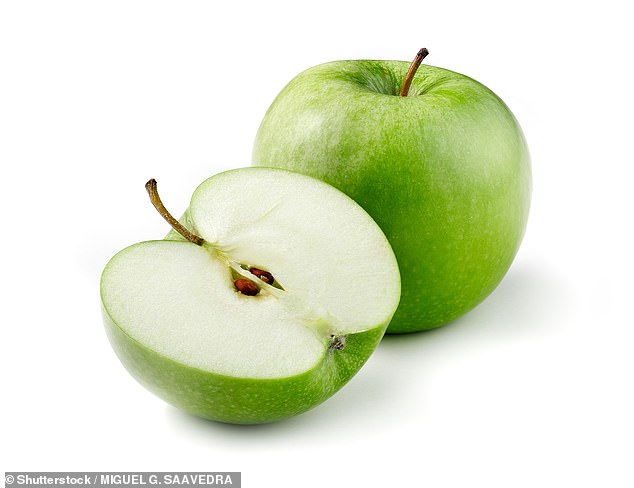
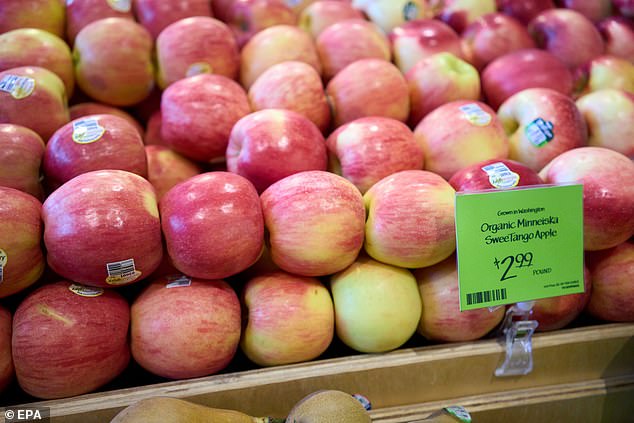


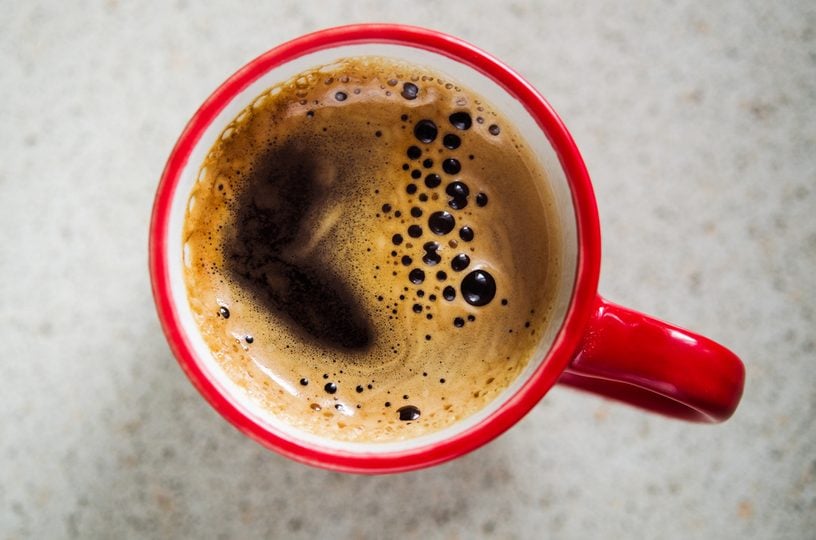
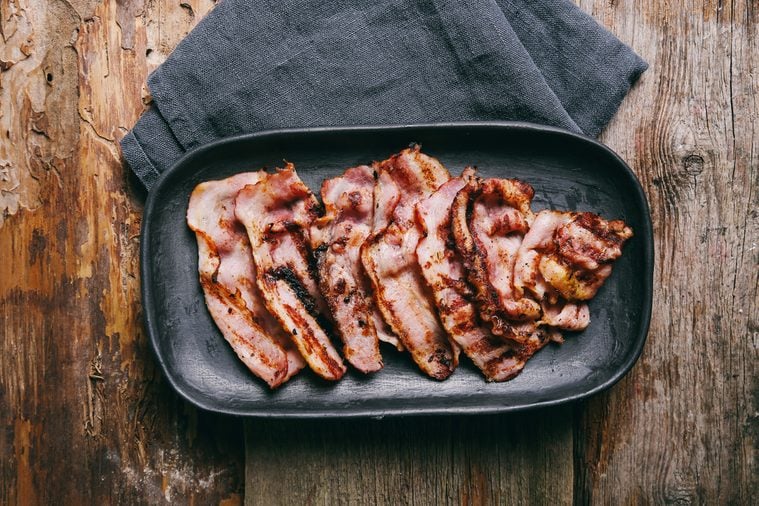
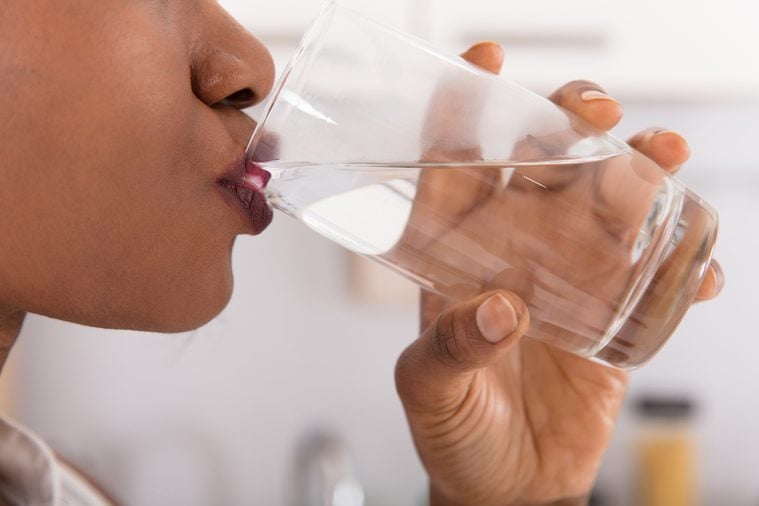
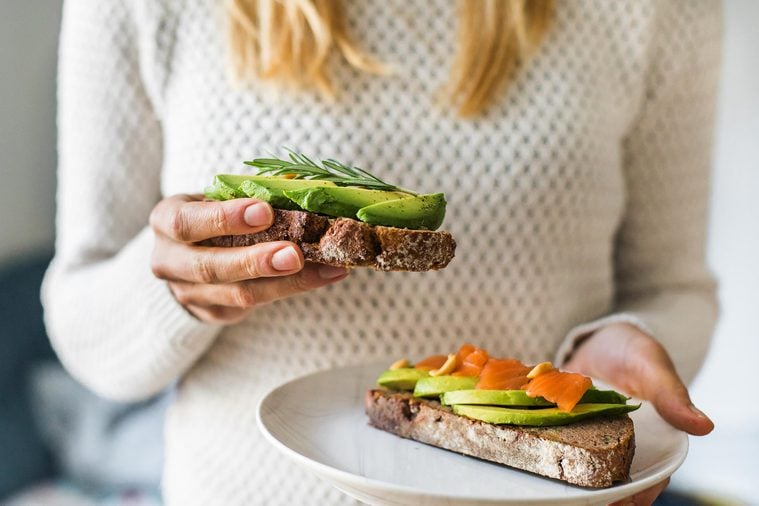
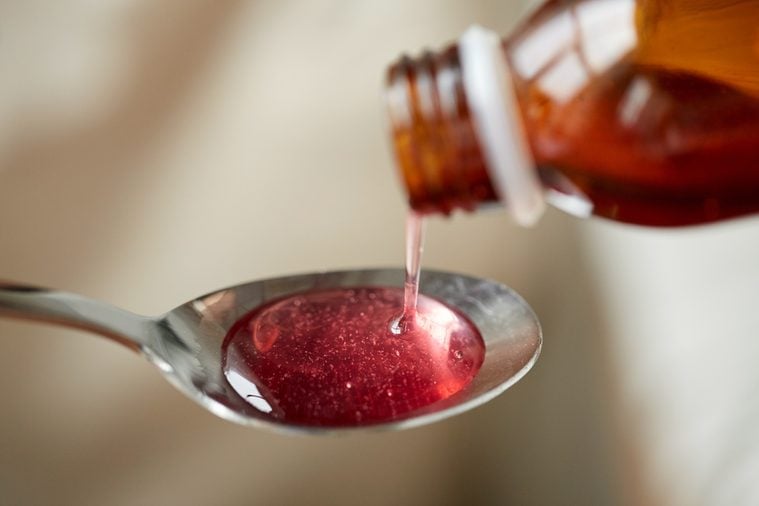
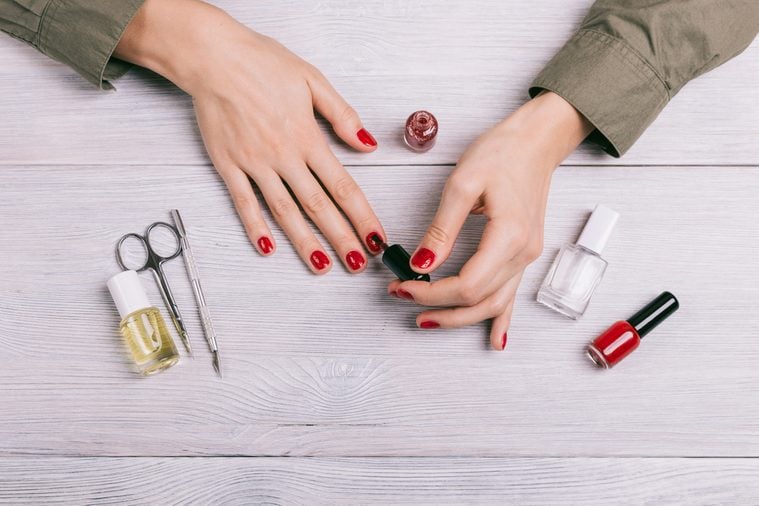
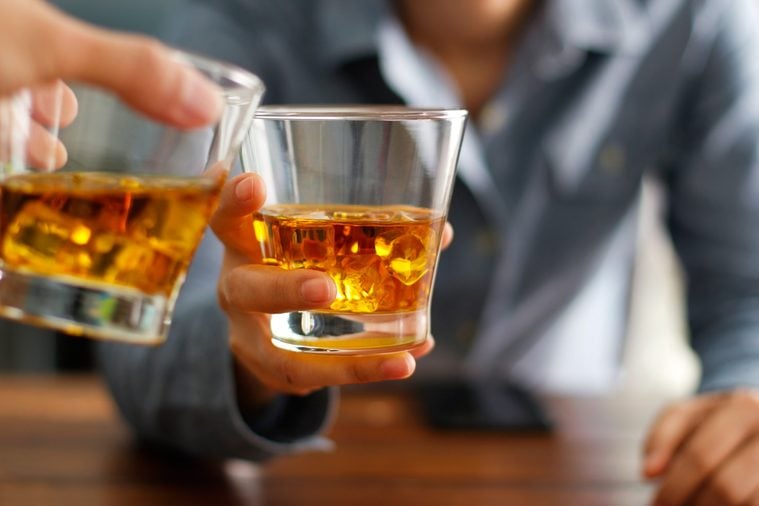
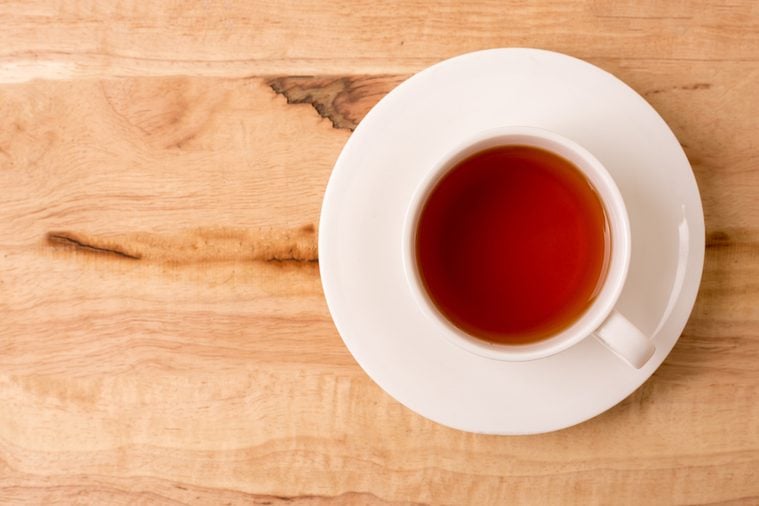


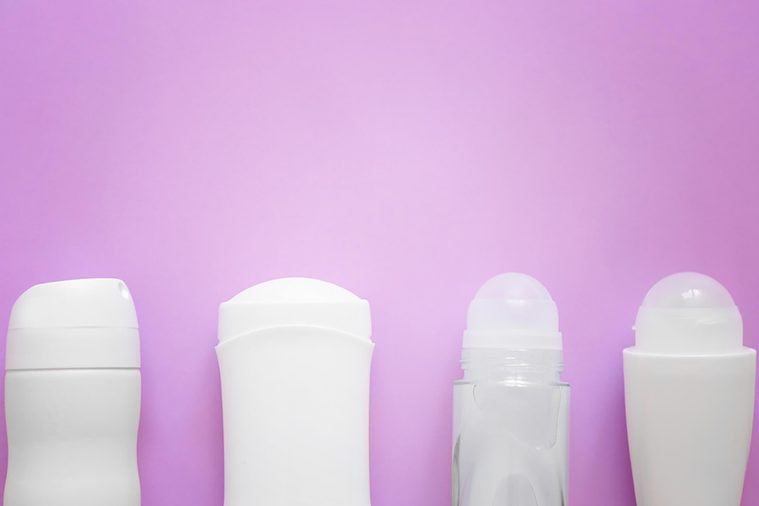
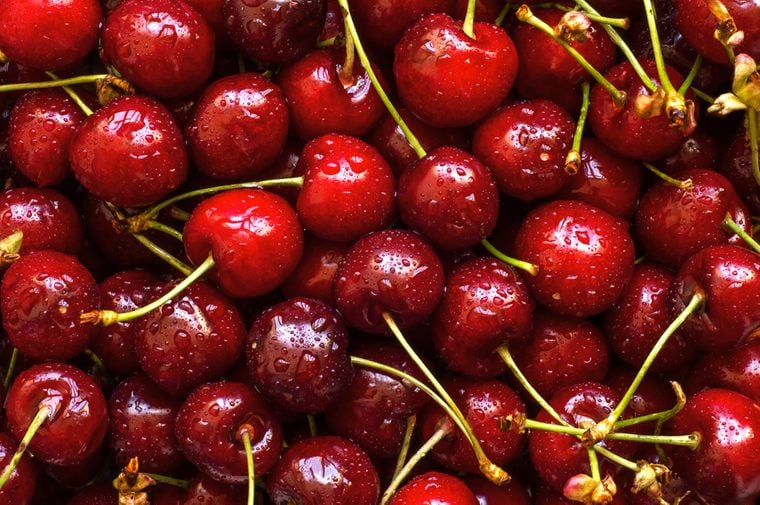


:max_bytes(150000):strip_icc()/GettyImages-1385052504-580ced22ad494575b8110484c4db09f4.jpg)

